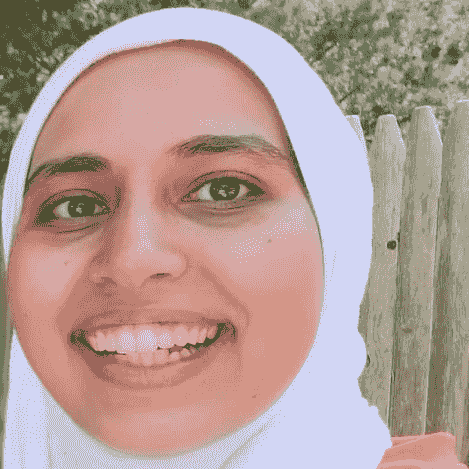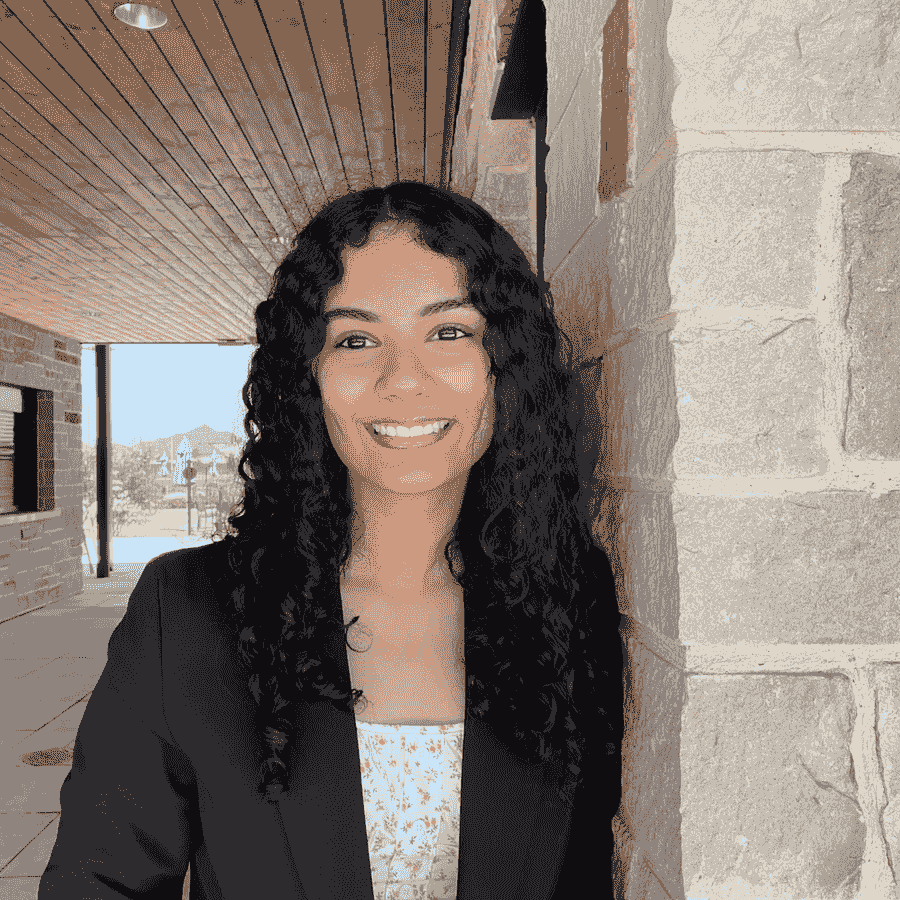


HDTT
- Journal
- …
- Journal


HDTT
- Journal
- …
- Journal

Fall 2024 Fellowship
In our Fall 2024 Fellowship, we are excited to announce...
13
Policy Fellows
48
Research Fellows
8
Topics
3
Tracks
Research Topics
Cancer
Cancer outcomes vary significantly across different populations and can be linked to various disparities. By addressing these disparities, we can improve access to care and impact health outcomes.
Diabetes & Obesity
Diabetes and obesity disproportionately affect certain populations. By identifying root causes, risk factors, prevention methods, and other factors, we aim to address diabetes and obesity's effects.
Cardiovascular Health
Cardiovascular disease (CVD) is the global leading cause of death, but its impact is not equivalent across different populations. We aim to address related disparities to understand CVD's impact on minoritized or underserved communities.
Respiratory Health
Asthma, lung cancer, and other respiratory diseases greatly affect minoritized and low-income, communities, as well as those living in densely polluted areas. By understanding causes, we aim to address prevention, diagnosis, and treatment methods.
Maternal and Child Health
We aim to uncover the causes behind disparities in maternal and infant mortality rates, preterm births, and other events among minoritized, low-income, and underserved communities in order to ensure all mothers and children have the opportunity for healthy outcomes.
HIV/AIDS
We aim to address why certain communities are at high risk for HIV/AIDS infection, as well as what can be done to improve public health, health education, and other factors impacting HIV/AIDS. By addressing disparities related to HIV/AIDS, we aim to improve these areas.
Environmental Health
Air and water pollution, toxic waste, unsafe housing conditions, and other environmental factors disproportionately affect the health of minoritized, low-income, and underserved communities. We aim to address these disparities to improve life quality and expectancy.
Rare Diseases
Individuals with rare diseases may face delays in diagnosis and limited access to specialized treatment. These challenges are exacerbated for people from marginalized communities because of a lack of access to health care, language barriers, geographic isolation, and other factors. We aim to address these disparities to ensure all patients receive timely and accurate diagnoses, as well as appropriate care.
Research Tracks
Data Analysis
Students will propose a data-driven research question, identify a dataset that can provide an answer to the question, and perform data analysis to identify trends that inform health disparities. Students will be matched with a mentor who can assist with technical aspects of the project or help the student access private databases. The end goal is to publish an original research paper or research letter in a scholarly journal or in the Journal of the Health Disparities Think.
Review/ Editorial
Similar to the summer fellowship, students will conduct a thorough literature review of a particular health disparity, analyze it with a unique lens, and write a review paper or editorial to synthesize novel arguments from the existing literature. Students will be matched with a mentor to revise their paper, ultimately for publication in a scholarly journal or in the Reviews or Perspectives section of the Journal of the Health Disparities Think Tank.
Science Writing
Students will identify a health disparity that they aim to spotlight in the popular press and report on it through a critical, journalistic lens. Alternatively, students can choose to write an op-ed taking a stance in relation to a health disparity of interest. The goal of this track is to produce a journalist or opinion piece understandable to the lay audience, ultimately for publication in the popular press or in the News or Opinion section of the Journal of the Health Disparities Think Tank.
Policy Report
Students will work in groups of two to build a policy report/presentation on the status of health disparities in their assigned topic. Coordinating with policy advisors and research fellows, students will set up meetings for respective deadlines, develop policy advisor networks, and maintain current organization relationships. The goal of this track is to provide policy leadership for the health disparities research produced. Specifically, the policy report will insure the production of translational and policy informed research.
Research Fellows
Data Analysis

Perisa Ashar
Cardiovascular Health
Duke '25
Biomedical Engineering; Biology

Minh Pham
Cardiovascular Health
UCLA '16
SAC/SCC '25
Biochemistry; Political Science; Public Policy

Joseph Awad
HIV/AIDS
UCLA '26
Psychology

Alice Finkelstein
Rare Diseases
Stanford '27
Bioengineering

Arthur Musinguzi
Respiratory Health
UMass Lowell '25
MPH & Epidemiology

Sara Mohamed
Cancer
Univ. of Mass. '26
Pharmaceutical Science

Rohan Murali
Diabetes & Obesity
Harvard '27
Human Developmental & Regenerative Biology

Jacqueline Zhu
Respiratory Health
Univ. of Toronto
Biomedical & Electrical Engineering

Anirudh Mazumder
Computer Science
Texas Academy of Math '25
Environmental Health
Review/Editorial

Tsering Yangchen
Maternal & Child Health
Harvard '26
Anthropology, Global Health & Health Policy

Audrey Todd
Cardiovascular Health
Stanford School of Medicine '27
MD Candidate

Mason Raymond
HIV/AIDS
Steel Canyon HS

Fatima Elmenshawy
Cardiovascular Health
Washington University '27
Computer Science; Computational Biology

Kassidi Thompson
Maternal & Child Health
Bentley University '27
Economics: Finance & Public Policy

Monique Santoso
Rare Diseases
Stanford

Varun Jalapati
Diabetes & Obesity
UT Dallas '26

Elizabeth Hong
Cancer
Stanford '27
Bioengineering

Walaa Ouf
HIV/AIDS
UMass Lowell '25
Pharmaceutical Science

Shivani Babu
Rare Diseases
Stanford '27
Human Biology

Jenaysha Williams
Maternal & Child Health
Stanford '27
Psychology

Esther Clayton
Maternal & Child Health
Harvard College
Molecular & Cellular Biology

Komal Thandi
Rare Diseases
Stanford '28

Ijebusonma Agundu
Maternal & Child Health
UMass Lowell '24
Master of Public Health

Johanna Vu
Cardiovascular Health
UCLA '26
Sociology; Evolutionary Medicine

Bjorn Bjornsen
Environmental Health
Neuroscience & Environmental Science

Aayushi Gandhi
Maternal & Child Health
Stanford '27
Biology, Medical Humanities

Claire Zhu
HIV/AIDS
Columbia '27
Neuroscience & Behavior

David Kim
Cardiovascular Health
Harvard '27

Andria Escobar
HIV/AIDS
UCR '27
Medicine
Science Writing

Rina Matsunaga
Cancer
Harvard '28
Economics & Global Health/Health Policy

Maisa Ali
Diabetes & Obesity
Harvard '27
Biomedical Engineering

Diala Ajaero
Cardiovascular Health
University of Michigan Ann Arbor '26
Molecular, Cellular, and Developmental Biology

Salma Ngokila
Diabetes & Obesity
UMass Lowell '28
Applied Biomedical Sciences

Victory Ikpea
Respiratory Health
UMass Lowell '26
Public Health Epidemiology

Raina Lakhani
Respiratory Health
Univ. of Delaware '28
Biological Sciences

Caden Wang
Cancer
Seven Lakes HS

Alyza Sokla
Environmental Health
UMass Lowell '28
Nursing

Raghav Thakur
Cancer
UMass Lowell '28
Applied Biomedical Sciences

Nikhil Damera
Diabetes & Obesity
Univ. of Texas at Dallas '25
Neuroscience

Anika Christensen
Rare Diseases
Harvard '26
Human Evolutionary Biology & Music

Aarush Kaboo
Respiratory Health
Univ. of Texas at Austin '27
Applied Biomedical Sciences

Chris Collado
Environmental Health
Columbia '26
Public Health

Neel Youts
Cancer
UT Austin '27
Health and Society
Policy Fellows

Kendra Viloria
Maternal & Child Health
OSU '24
Public Health

Mariya Meleganich
Cardiovascular Health
Harvard '26
Chemistry & Government; Statistics

Kyle Phong
Cancer
UCLA '27
Pyschology & Public Health

Nicole Dye
Maternal & Child Health
Stanford '26
Biology-Neuroscience

Arham Kundi
Rare Diseases
Neuroscience
UT Dallas '25

Shakeng Moua
Respiratory Health

Jeel Shah
HIV/AIDS
UMass Lowell '26
M.S. Pharmaceutical Science

Anoop Kaur Phul
Respiratory Health
UMass Lowell '24
MPH - Healthcare Management

Emily Wang
Diabetes & Obesity
MIT '26
Computer Science; Biology; Political Science

Christie Beckley
Harvard '27
Neuroscience & Economics

Martin Orea
HIV/AIDS
Santa Monica College '26
Public Policy, Political Science, Social & Behavioral Sciences

Ashley Huerta
Diabetes & Obesity
UC Berkeley
Public Health and Public Policy

Emily Oh
Cardiovascular Health

Ryan Whalen
Diabetes & Obesity
Harvard '28
Applied Mathematics & Economics
Contact Us:
healthdisparities.thinktank@gmail.com
























































